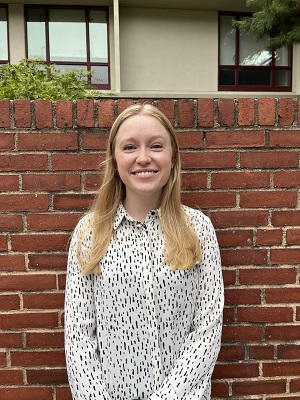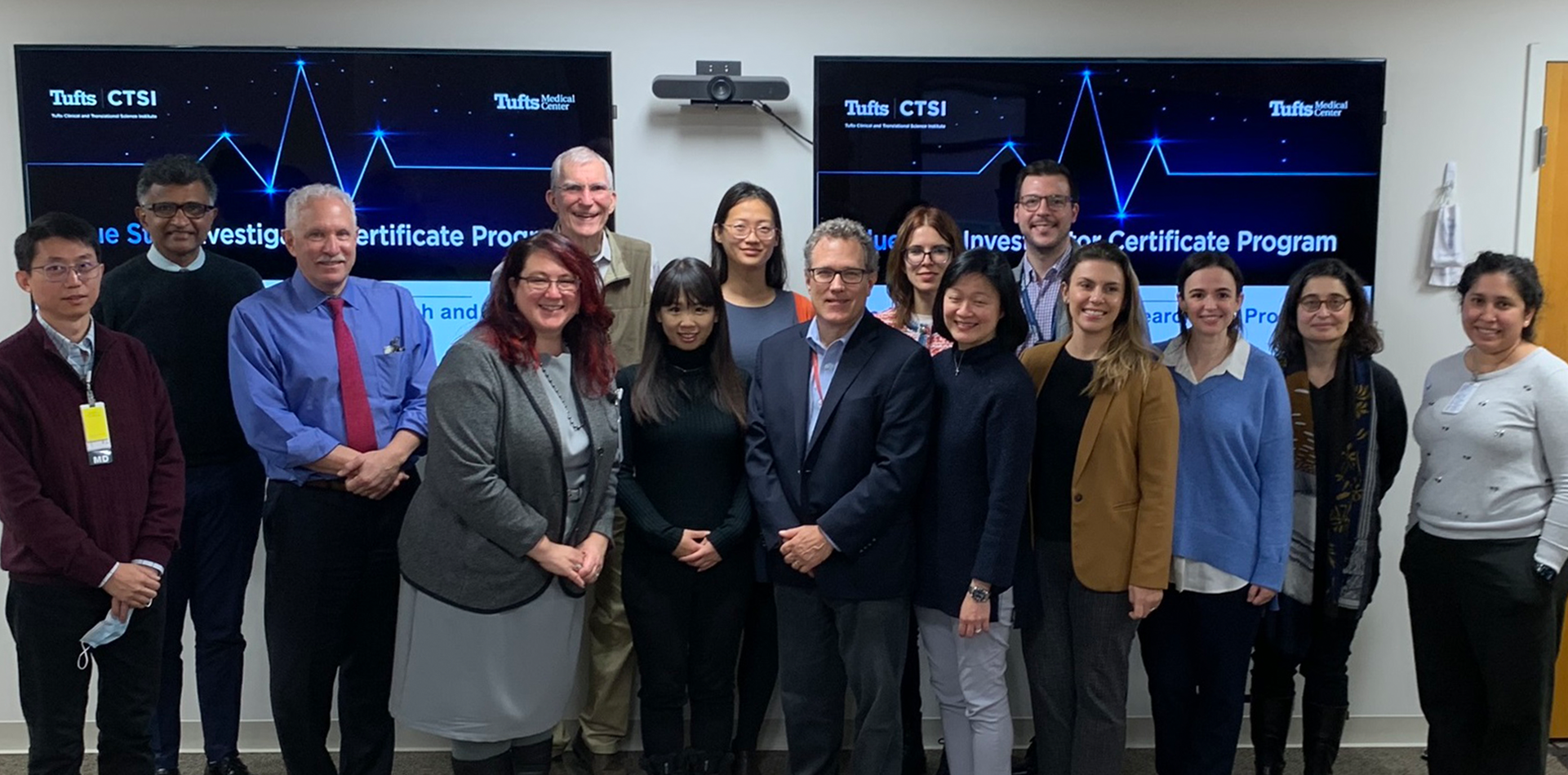Tufts CTSI offers several tools to enhance community-engaged research:
Developing a Stakeholder Engagement Plan for Your Research
The following worksheets will help you develop written documentation of your plan for the involvement of stakeholders in your research. The documentation can be developed by excerpting relevant portions of these worksheets covering the following topics:
- Identification of relevant stakeholder communities and a rationale for inclusion in or exclusion from your work
- A plan for recruiting individuals to represent each of the stakeholder communities you wish to involve
- A plan describing the modes of engagement (how individuals will be involved) and roles of engagement (in what research activities they will be involved).
- A capacity-building plan to prepare stakeholders to work with technical methods, topics, and professionals.
- A plan to assess the impact of engagement on 1) your research budget and productivity, 2) research procedures, and 3) research outcomes.
We have several graduate-level courses that teach stakeholder engagement strategies in research. These worksheets are used in these courses to walk researchers through the steps of developing a stakeholder engagement plan.
Worksheet 1, Identifying Stakeholders (PDF)
Worksheet 2, Making Research Patient-Centered (PDF)
Worksheet 3, Planning Engagement Activities (PDF)
Community Members’ Guide to Submitting a Community-Engaged Research Federal Grant Application
This guide was written for community-based organizations interested in community-based research partnerships with academic researchers. Visit the Community Members’ Guide page to view and download the guide and access the guide’s appendix.
Building Your Capacity: Advancing Research Through Community Engagement Curriculum Guide
Tufts CTSI partnered with the Center for Community Health Education Research and Service (CCHERS), the Immigrant Services Providers Group/Health, and Harvard Catalyst to develop an interactive program that would build the capacity of community-based organizations to participate fully in community-engaged research. This landmark program now serves as a national model for other CTSA community empowerment training programs.
Our partners in the development of this practical curriculum guide were:
- Center for Community Health Education Research and Service (CCHERS)
- Harvard Catalyst
- Immigrant Service Providers Group/Health (ISPG/H)
- Institute for Community Health
- Tufts Community Research Center.
View and download the Building Your Capacity Curriculum Guide (PDF).
Sample Documents for Community Organizations Regarding Research Partnerships
As part of our Building Your Capacity Program, we prioritized providing communities with tools to negotiate with researchers regarding parameters for community-research partnerships. Communities sought methods of building equitable partnerships, proactively considering factors important in the negotiation process instead of the more common experience of reacting to a researcher’s request.
Lawrence, Massachusetts is a small city north of Boston with a large immigrant population. City leaders developed several documents specifying what steps researchers needed to take to partner with Lawrence community members around research, a glossary of research terms for community members, and published a paper describing their efforts:
- Lawrence Tools for Research Partnerships (PDF)
- Lawrence Steps for Building Successful Research Partnerships (PDF)
- Lawrence Non-collaborative Community Response Research Questions (PDF)
The Multicultural AIDS Coalition (MAC) is a community-based organization in Boston often approached by researchers. Their policy statement provides guidelines for researchers interested in partnering with MAC.
- MAC Policy Statement (PDF)
Self-assessment Tool for Community-engaged Research
Often when a community group and researchers are first negotiating, it’s not clear what questions need to be asked by each party.
The self-assessment tool is designed to guide community organizations and potential research partners through some of the questions that may be helpful to think about as you negotiate at the beginning of a research partnership.
Are you:
- A community organization member looking for a collaborative research partnership? (PDF)
- A community organization member thinking about participating in a research study? (PDF)
- A community organization member who is looking for a consultant?
Contact
To contact us, please submit a service request.
Thomas W. Concannon, PhD, Co-Director, Community & Stakeholder Engagement
Robert Sege, MD, PhD, Co-Director, Community & Stakeholder Engagement
Hannah Santos, MBA, Program Administrative Director, Community & Stakeholder Engagement
Noelle Weicker, MHS, Project Manager, Community & Stakeholder Engagement



